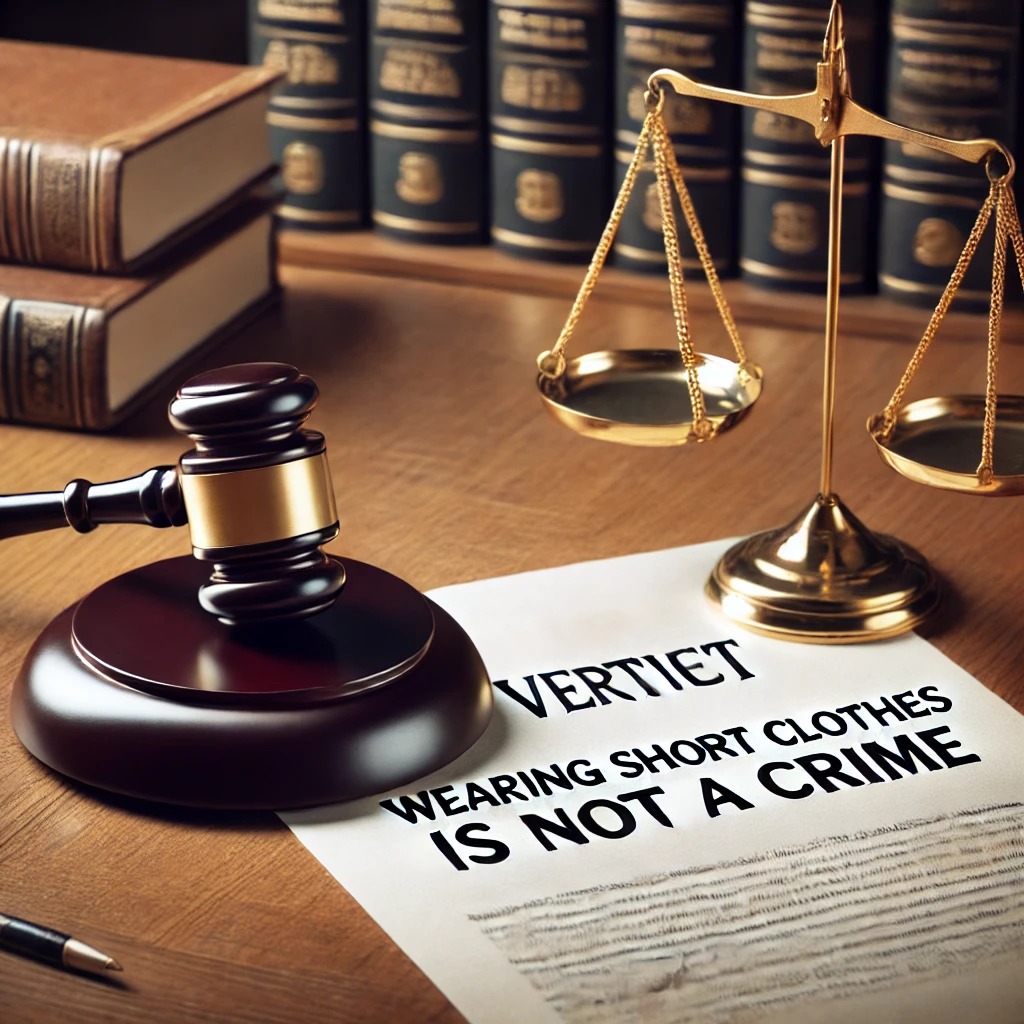Rakia Imran
On 11th February, 2025, a Delhi Court recently cleared seven women of allegations that they had engaged in an obscene dance performance at a bar last year, which was purportedly disruptive to the public. The women had been charged under Section 294 of the IPC, a provision that criminalizes obscene conduct in public spaces if it causes annoyance. Additional Chief Judicial Magistrate Neetu Sharma of Tis Hazari Courts determined that the prosecution failed to establish any wrongdoing on their part, resulting in their acquittal.
“Now, neither wearing small clothes is a crime nor dancing on songs can be punished irrespective of whether such dance is done in public. It is only when the dance becomes annoying to other than the dancer can be punished,” the Judge stated in her judgment of February 4.
The Court reviewed a case initiated by a complaint from a Sub-Inspector (SI), who claimed that while patrolling the area, he entered a bar and witnessed women dancing to songs he deemed “obscene” while dressed in revealing attire. However, the Court noted a significant gap in the officer’s claims—nowhere did he assert that the dance had disturbed or annoyed any other individual. Additionally, two prosecution witnesses, who were expected to support the police’s case, testified that they had merely visited the venue for enjoyment and had no knowledge of any inappropriate activity. These inconsistencies raised serious doubts about the legitimacy of the allegations.
“It is clear that the police orchestrated a story but could not find support from the public. In such circumstances, even if we accept the claim of SI Dharmender, the same will not establish the ingredient of the offence,” the Court said.
The Court also noted that the Sub-Inspector had not presented any documentary proof, including a duty roster or a DD entry, to verify that he was actually performing patrolling duty in the concerned location at the time in question. “A police officer who is on duty can leave the police station only by way of DD entry and not otherwise. Since, a documentary proof is bound to exist for showing the availability of PW1 in the area, the oral claim cannot be allowed to be accepted when he has not brought such a record,” it added.
The Court also questioned the police failure to make any public person join the investigation. It said the area in question was not such where people would not be available. “There would have been shops/house in which several persons would be available. Nothing was prohibiting the police from asking persons of shops/houses, atleast they could not have left without giving names & address. Police did not do so. As far as customers are concerned, the police could have taken action against those persons who refused. Section-65 of Delhi Police Act clearly says that every person is bound to comply with the directions of police and if he refuses, he may be produced before a Magistrate. Police witnesses nowhere claim that they ever made any such effort. Clearly, they are not reliable witnesses and appear to have concocted a story,” it concluded.
The Court ruled in favor of the bar manager, dismissing charges that he had failed to maintain CCTV cameras in compliance with an order from the ACP, Pahar Ganj, issued under Section 144 of the CrPC. It determined that there was no evidence to prove that the order had been made public or that the accused was aware of its existence. Furthermore, the Court stated that there was no indication that the bar was operating without a valid license or in violation of government regulations.
As no substantial evidence was brought forward to support the prosecution’s claims, the Court determined that the accused deserved the benefit of doubt. It underscored the principle that where the evidence allows for two equally plausible perspectives, the judiciary must opt for the one that is more favorable to the accused, reinforcing the broader legal safeguard that an individual cannot be held guilty unless proven so with absolute certainty.
Case Name: State v. Rekha & Ors
Citation: FIR No. 171/2024
Bench: Additional Chief Judicial Magistrate Neetu Sharma

